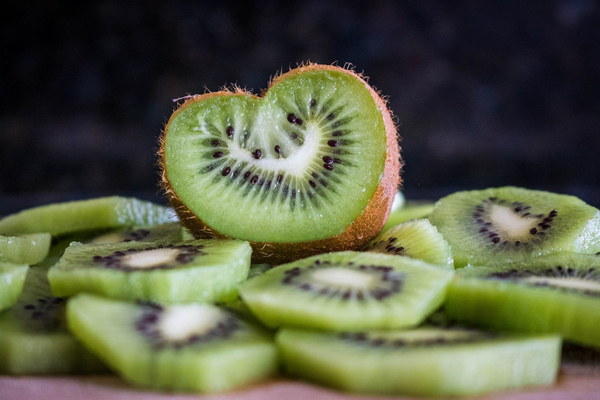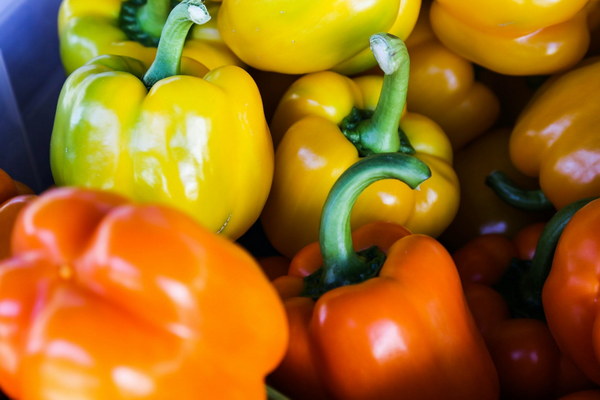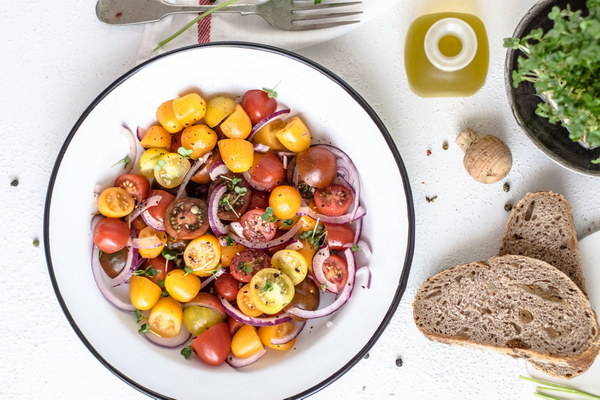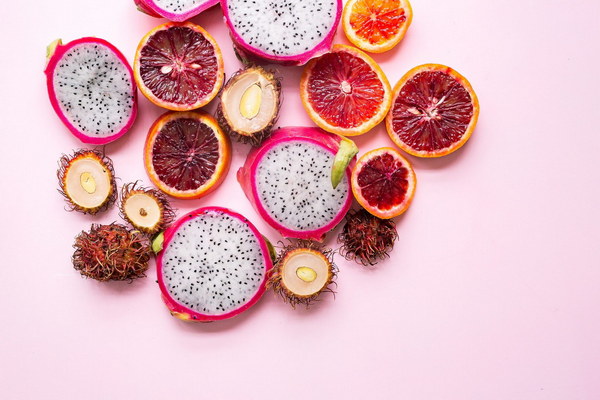The Art of Tummy Care Thai Traditional Remedies for Gastrointestinal Wellness
The Art of Tummy Care: Thai Traditional Remedies for Gastrointestinal Wellness
In the heart of Southeast Asia, where the culture is steeped in ancient wisdom and natural remedies, Thailand offers a treasure trove of traditional practices aimed at maintaining gastrointestinal health. Known for its vibrant cuisine and tropical climate, Thailand has developed a unique approach to nurturing the stomach, balancing both the body and the mind. Here's a glimpse into the art of tummy care in Thai tradition.
Understanding Thai Gastrointestinal Wisdom
Thais believe that the stomach is the center of health and happiness. This philosophy is rooted in traditional Thai medicine, which emphasizes the balance of energy within the body. According to this belief, certain foods and practices can disrupt this balance, leading to gastrointestinal issues. Therefore, the art of tummy care in Thailand involves not only dietary adjustments but also lifestyle changes and herbal remedies.
Dietary Adjustments
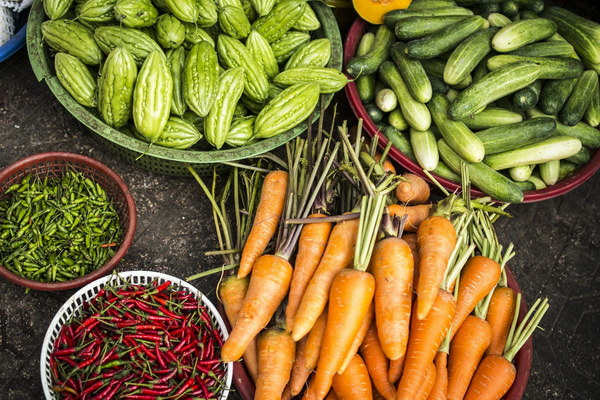
One of the first steps in Thai tummy care is to consider the type of food consumed. Thai cuisine is renowned for its bold flavors and spices, which can be both delightful and challenging to the stomach. Here are some dietary tips to keep the tummy happy:
- Balance of Spices: While Thai food is famous for its fiery curries and salsas, incorporating a balance of spices such as lemongrass, ginger, and turmeric can aid digestion. These spices are believed to have anti-inflammatory properties that can soothe the stomach.
- Proper Hydration: Drinking plenty of water is crucial, as it helps to prevent constipation and flushes out toxins. In Thailand, you'll often find a glass of warm water with a slice of lemon or ginger, which is thought to aid digestion.
- Moderation: Overeating can strain the stomach. Thais often eat smaller, more frequent meals, allowing the body to digest each portion more effectively.
- Fermented Foods: Fermented foods such as pickled vegetables, fish sauce, and soy products are common in Thai cuisine. These contain beneficial probiotics that promote a healthy gut flora.
Lifestyle Changes
Lifestyle plays a significant role in Thai tummy care. Here are some traditional practices that contribute to gastrointestinal wellness:
- Regular Exercise: Physical activity stimulates the digestive system, helping to prevent constipation and bloating. Yoga, in particular, is popular in Thailand, as it focuses on breath and movement to promote internal balance.
- Meditation: The practice of meditation can help manage stress, which is a known trigger for gastrointestinal issues. In Thailand, mindfulness is encouraged as a way to live in harmony with the body and mind.
- Warm Compresses: Applying a warm compress to the abdomen can help soothe stomach pain and improve circulation. It's a common remedy used in Thai households.
Herbal Remedies
Herbs have been a cornerstone of traditional Thai medicine for centuries. Here are some of the most popular herbal remedies for gastrointestinal care:
- Ginger: Known for its anti-inflammatory properties, ginger is used to alleviate nausea, bloating, and indigestion.
- Lemongrass: This aromatic herb is believed to help with digestion and can be added to teas or soups.
- Turmeric: With its vibrant yellow hue, turmeric contains curcumin, a compound that has been shown to have anti-inflammatory effects.
- Peppermint: Peppermint oil or tea can help relax the muscles of the digestive tract, reducing symptoms of irritable bowel syndrome (IBS) and gas.
Conclusion
The art of tummy care in Thai tradition is a holistic approach that combines diet, lifestyle, and herbal remedies to promote gastrointestinal health. By balancing the body's internal energies and incorporating natural practices into daily life, Thais have developed a rich heritage of tummy care that can be beneficial for people of all backgrounds. Whether you're enjoying a spicy Thai dish or exploring the serene landscapes of Thailand, remember that the journey to a healthy stomach is one of balance and harmony.

